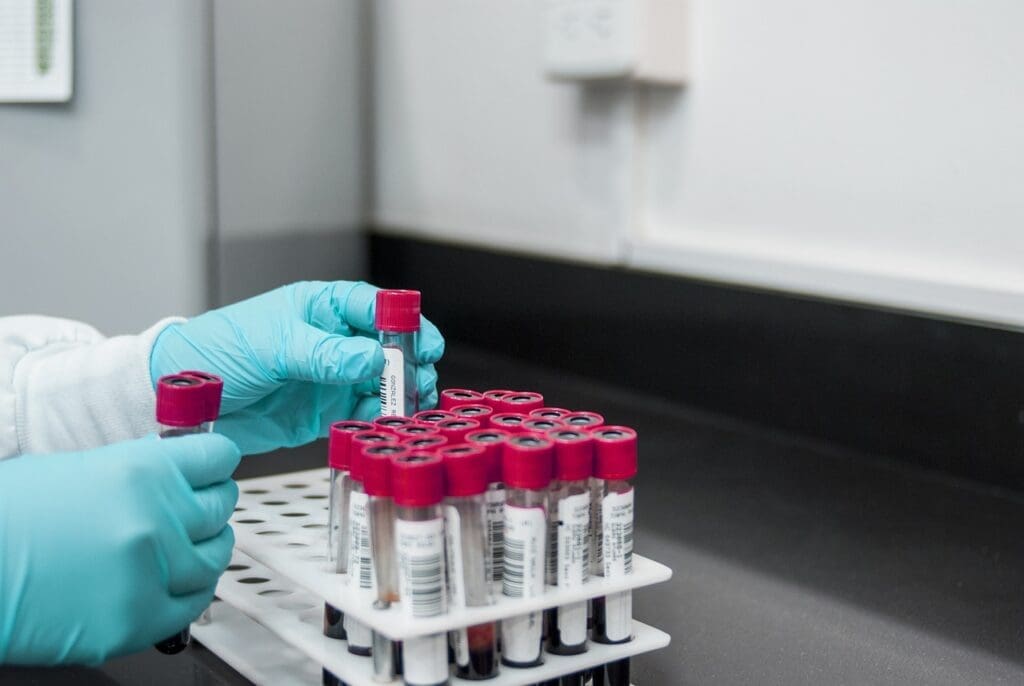New vulnerability of cancer cells discovered
An international team of researchers from the German Cancer Research Center (DKFZ) and the Netherlands Cancer Institute has identified a previously unknown weak point in cancer cells. Treatment with cell division inhibitors such as paclitaxel causes cancer cells to produce small peptides that can be recognized by the immune system. This discovery could open up new avenues for immune-based cancer therapies. The results were published in the journal Nature Communications.
Cancer cells are characterized by rapid cell division, which is why drugs such as paclitaxel, which block mitosis, can stop tumor growth. The researchers found that this blockade alters protein production in cancer cells and gives rise to so-called uORF peptides. These short protein snippets, which originate from “upstream open reading frames” of the mRNA, are produced in greater quantities during mitosis, as ribosomes accumulate specifically at these gene segments. The peptides appear on the surface of the cancer cells and are visible to the immune system.

“Our results expand our understanding of the molecular changes during cell division and their therapeutic inhibition, and provide clues as to how we can intervene here in a targeted manner with new therapeutic approaches,” says Angelika Riemer from the DKFZ, also senior author of the paper. “For example, we could increase the effectiveness of certain chemotherapies by combining them with immunotherapies.”
Original Paper:
Editor: X-Press Journalistenbû¥ro GbR
Gender Notice. The personal designations used in this text always refer equally to female, male and diverse persons. Double/triple naming and gendered designations are used for better readability. ected.




